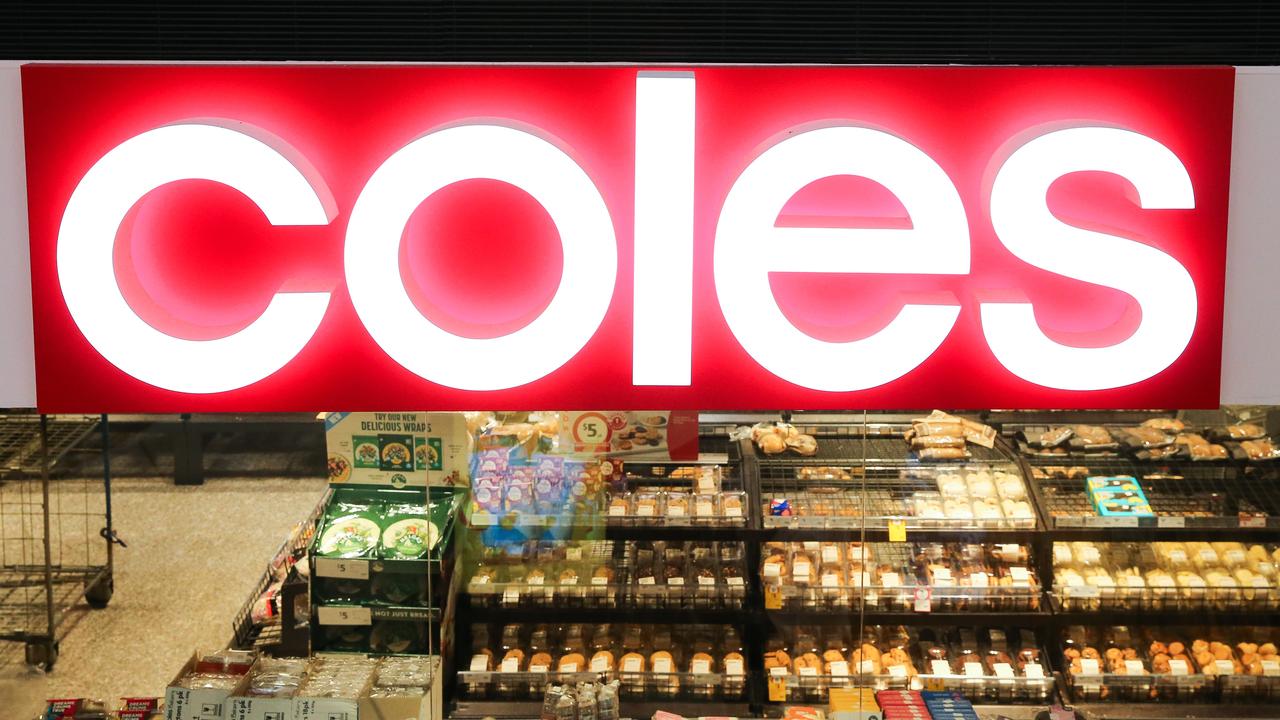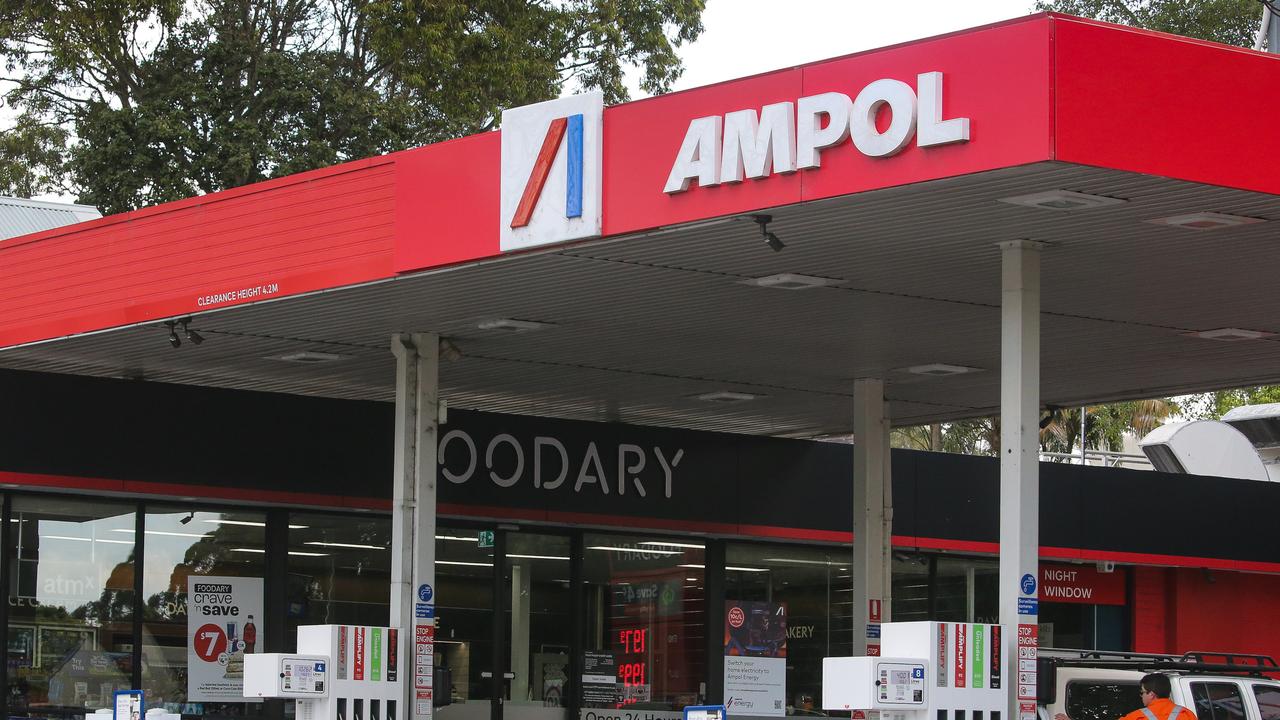‘Cash only’: Aussies flee Coles after reading sign
Shoppers turned their back on Coles after spotting a sign displayed at the front of one of its popular stores.

Aussies were seen walking out of Coles after spotting a handwritten “cash only” sign outside one of its busisest Sydney stores.
Coles’ store in Westfield Bondi Junction, in the city’s eastern suburbs, experienced an outage on Thursday, preventing customers from paying for their groceries via card transactions.
Photos shared on social media showed a handwritten sign displayed out the front of the store reading: “Cash only, sorry for any inconvenient [sic]”.
One local shared the news on Facebook, writing: “‘Cash only’ at Coles Bondi Junction tonight, as ‘the system is down’.”
“A great reminder to everyone of the importance of keeping cash in the economy.”
![A sign reading ‘Cash only, sorry for any inconvenient [sic]’ was displayed at the Bondi store. Picture: Facebook](https://content.api.news/v3/images/bin/94a9eb17e465083200a690f572fc4f3a)
Others were quick to comment on the post, with some expressing concern over Australia’s move towards a cashless society.
“Imagine if we go to card only and hackers get into the banking systems they could cripple the retail and service industry. We have to keep two systems!” one person wrote.
“Yep. Trust digital,” another commented alongside a series of thumbs-down emojis.
According to Yahoo! Finance, “most” Coles customers made the decision to ditch the supermarket after learning of the cash-only payments, despite an available ATM just metres away.
The publication noted a nearby Harris Farm grocery store, which offered card payments, was bustling with people while a queue stretched to the back of the store.

It comes as research shows Aussies are moving away from cash use, with the country set to become “technically cashless” in as little as one to two years.
According to the Reserve Bank of Australia (RBA), cash accounted for just 13 per cent of all payments made in 2022, compared to 27 per cent in 2019.
RBA data also shows more than a billion dollars worth of physical cash has disappeared from circulation in the last financial year.
Finance specialist Sarah Wells predicted Australia will effectively be cashless by 2026.
“We’re very close to a cashless society … We can’t stop it,” she previously told news.com.au.
“Our phones and watches are becoming our first choice [for purchases] now. There aren’t as many ATMs around any more, branches are closing down and some retail shops can’t break money.”

Ms Wells said the drop in physical cash in the economy could present challenges during network outages – an issue the country experienced when Optus’ network went down in November, preventing businesses from processing EFTPOS payments.
“The challenges we have with moving towards a more cashless society, or what I call a less cash-dependent society, is if we’ve lost a billion dollars [of physical cash from circulation] so that means that there’s a billion dollars less going into ATMs for us to use,” she said.
“So if we start to have more outages, or we have more challenges, people can go to an ATM, but the cash might not be there.”
To balance out the scales, Aussies would need to revert to withdrawing and using cash over a long period to reintroduce the demand.
“We are in a situation that we have created ourselves,” she said.
“All we have to do is change our behaviour. If every Australian went out and withdrew $100 a week, instead of buying stuff. You know what? We’d end up with more cash in the system, kids, will know about cash, stocks will start taking cash.”
“If we don’t want to live like that, we have to inconvenience ourselves a little bit and change the supply and demand.”
News.com.au has contacted Coles for comment.






